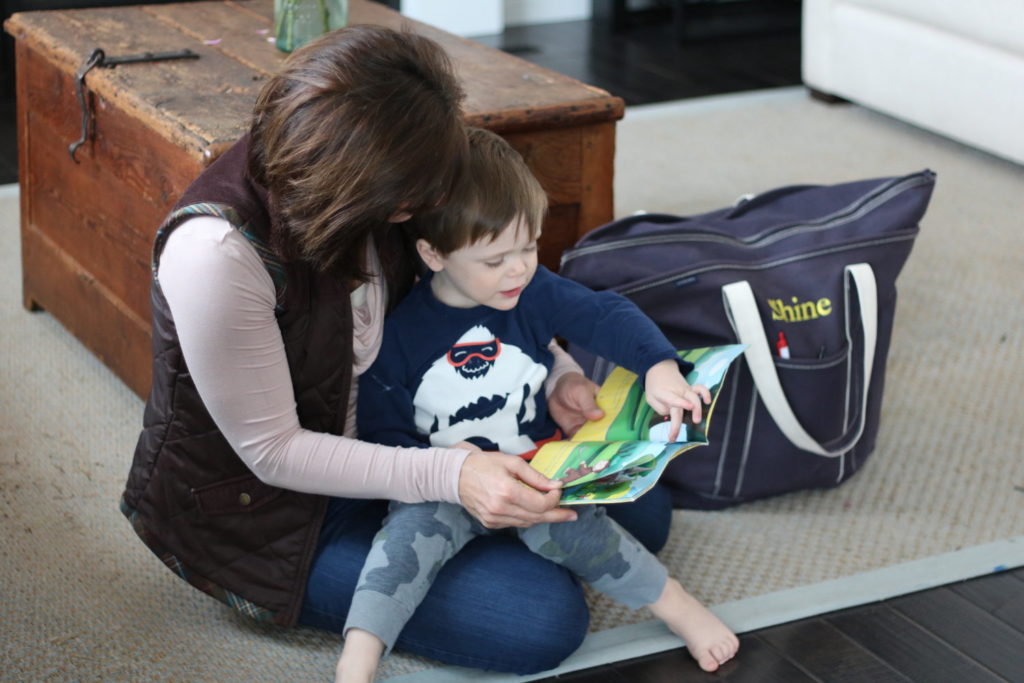
What is Pediatric Speech-Language Therapy?
Speech-Language therapy is provided by a licensed Speech-Language Pathologist (SLP) who is trained in evaluation and treatment for a wide range of speech and language delays and deficits. Speech-language therapy works to improve a child’s ability to understand language and/or to express daily wants, needs and feelings. Areas that can be addressed in speech-language therapy include:
- Language Comprehension (understanding of language),
- Language Expression (using words or other methods to express wants, needs and feelings),
- Speech Production (successfully producing speech sounds to build words and sentences)
- Social/Pragmatic Language (communicating for the purpose of socially interacting with others).
Why Might My Child Need Speech-Language Therapy?
Speech-Language Pathologists evaluate and treat a number of different language comprehension, language expression and speech production issues which can be present alone or in conjunction with a specific diagnosis. However, because we see young children at Shine, they often have no medical diagnosis. Some Common Diagnoses include:
- Developmental Delays or Disabilities
- Phonological or Articulation Deficits
- Autism Spectrum Disorders
- Congenital Syndromes (eg. Down Syndrome, Cleft Lip & Palate)
- Neurological Disorders (eg. Cerebral Palsy, Traumatic Brain Injuries)
- Motor Disorders (eg. Dysarthria, Apraxia of Speech)
- Speech Fluency Disorders
Language comprehension refers to a child’s ability to understand verbal (or written) language. Delays or deficits in language comprehension could interfere with a child’s ability to follow directions, make choices, answer questions, and learn new skills.
Language expression refers to a child’s ability to express their wants, needs and feelings. There are a number of different ways to express oneself including verbally, gesturally, or using sign language or another Augmentative/Alternative Communication (AAC) method, (eg. picture exchange or pointing, speech generating device).
Speech production refers to a child’s ability to produce clear, understandable words as a means of language expression. Speech production deficits can include: articulation deficits (difficulty producing specific speech sounds), phonological deficits (difficulty consistently following rules of speech production by making predictable errors in speech patterns), apraxia of speech (difficulty programming the motor sequences to produce speech), and dysarthria (underlying weakness in the muscles that produce speech).
Social/pragmatic language refers to how we use language and other forms of communication to interact with other people. Children with challenges in this area sometimes have difficulty understanding nonverbal cues such as body language and facial expressions, interpreting nonliteral uses of language (like sarcasm or slang), and interacting with their peers. The goals addressed in social/pragmatic language therapy are not intended to force kids into looking or acting exactly like their peers; rather, the goals are to help kids understand other people’s communication as well as how their own communication can help them meet their personal goals for interacting with peers, their families, and others.
How To Get Started/Schedule an Appointment
Children who are experiencing any of these signs or symptoms may benefit from a speech therapy evaluation. Please speak with your pediatrician about your concerns. You may also reach out using the ‘contact us’ link.
